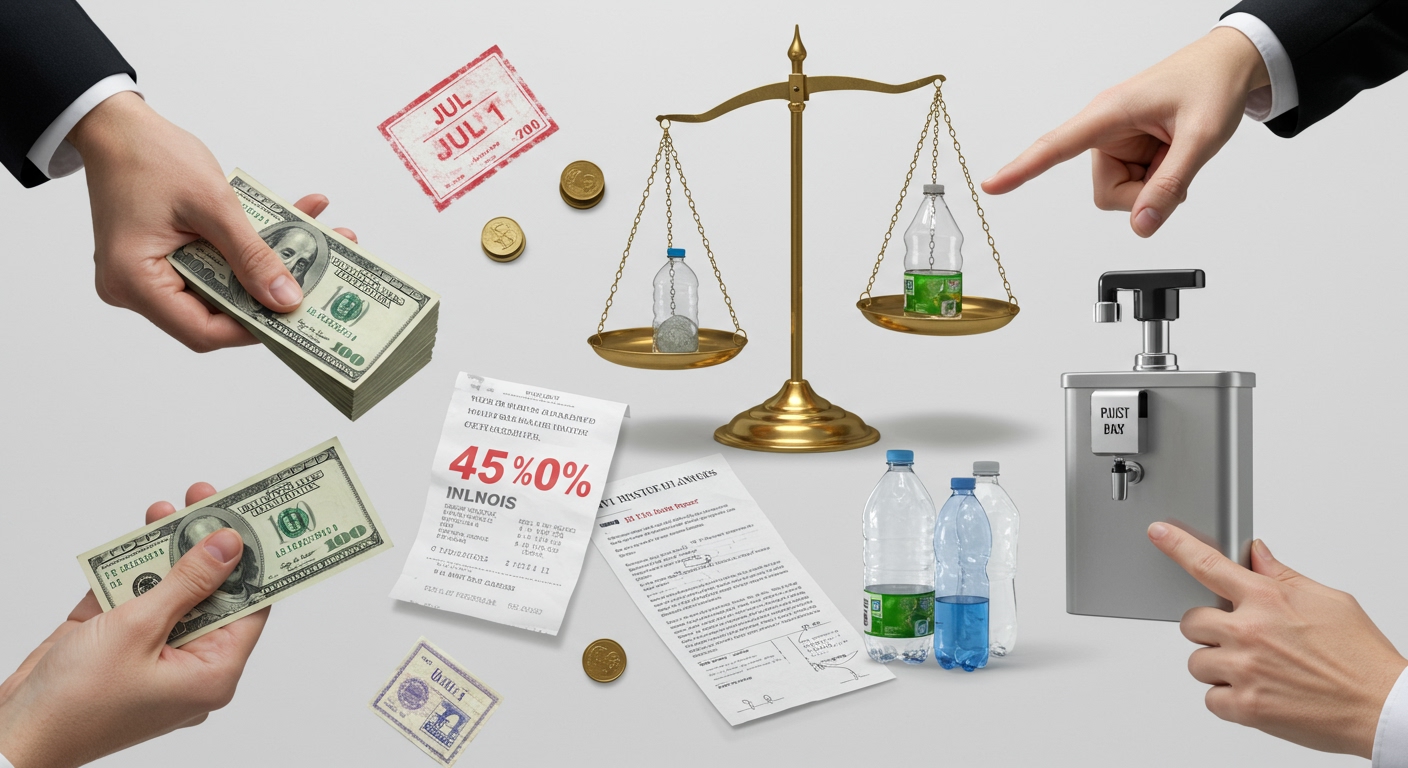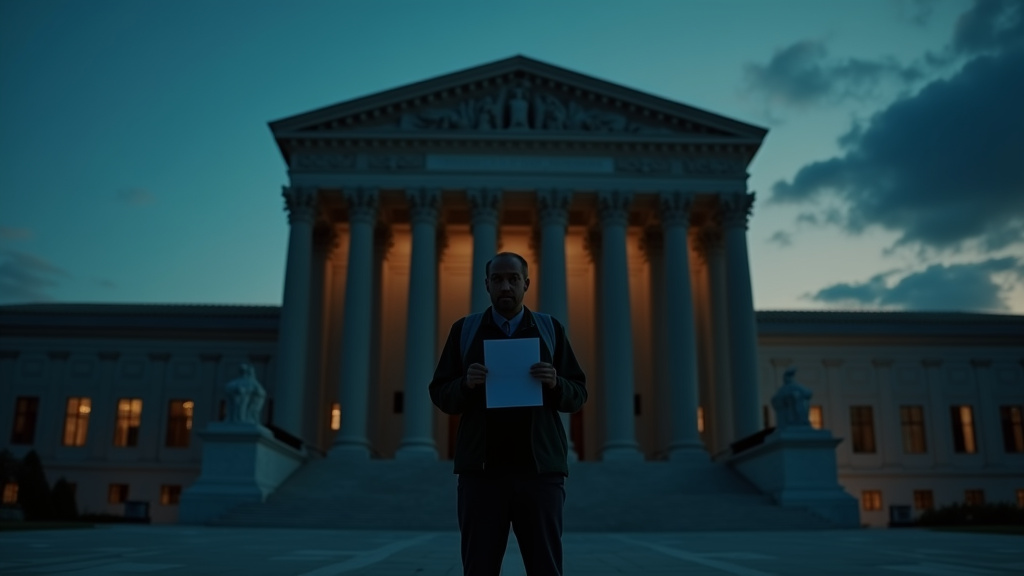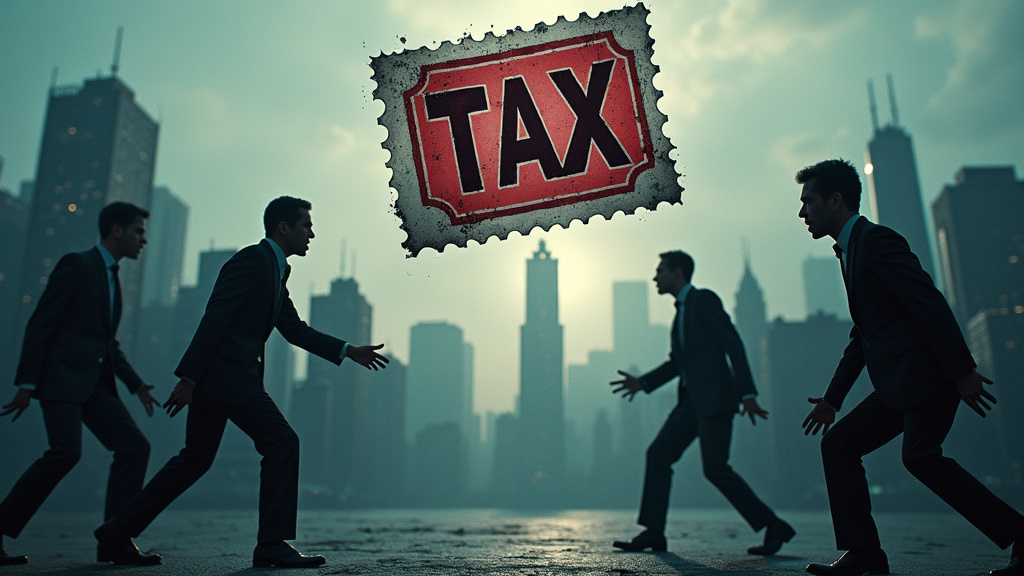SPRINGFIELD, IL – July 1, 2025, marked a significant date for residents and businesses across Illinois as a wave of new laws and tax adjustments officially took effect. These comprehensive changes span minimum wage regulations, various tax categories, and environmental policies concerning single-use plastics, reflecting a multifaceted approach by the state government to address economic, public health, and environmental objectives.
Understanding the Impact on Wages
Among the most directly impactful changes for many workers are the adjustments to the minimum wage. While the state’s general minimum wage has been on a progressive path towards $15 per hour, specific increases materialized on July 1, 2025, particularly affecting tipped employees.
In Chicago, a notable shift occurred as the general minimum wage for employers with four or more employees rose to $16.60 per hour. This increase is part of a broader initiative aimed at gradually aligning the pay structures for tipped and non-tipped workers.
Crucially, the tipped minimum wage in Chicago also saw a significant jump, increasing to $12.62 per hour. This specific rise is a key component of the city’s 2023 One Fair Wage Ordinance. The stated goal of this ordinance is to fully equalize the minimum wage for tipped and non-tipped employees by the year 2028, aiming to eliminate the subminimum wage for workers who traditionally rely on gratuities.
Comprehensive Tax Adjustments
July 1, 2025, also ushered in a series of new and increased taxes across several sectors, intended to bolster state revenue and potentially influence consumer behavior.
One of the most substantial tax increases targets vaping products and certain tobacco items. The tax rate on vapes, nicotine pouches, cigars, and other specified tobacco products escalated sharply from 15% to 45%. This significant трикратний (three-fold) increase is projected to generate substantial state revenue, estimated at nearly $30 million. Additionally, cigarette taxes also increased, adding $1 per pack to the cost for consumers.
Beyond tobacco and nicotine, new taxes were applied to other burgeoning sectors. Online sports betting is now subject to new tax regulations, formalizing the state’s collection of revenue from this increasingly popular activity. Furthermore, rentals facilitated through online platforms such as Airbnb and VRBO are also facing new tax impositions, bringing short-term rental accommodations under a new fiscal framework.
Gas taxes, while not detailed with specific rates in the summary provided, were also cited as part of the tax increases taking effect on this date, impacting transportation costs across the state.
Restrictions on Single-Use Plastics
In addition to economic measures, environmental regulations also came into sharper focus. The Small Single-Use Plastic Bottle Act reached a key compliance deadline on July 1, 2025. This act mandates that hotels with 50 or more rooms transition away from providing small, single-use plastic bottles of personal care products like shampoo, conditioner, and soap.
The legislation requires these larger hotels to instead utilize larger, refillable dispensers for these amenities. The goal of this measure is to significantly reduce plastic waste generated by the hospitality industry, aligning with broader environmental sustainability efforts.
Broader Implications
Collectively, the laws and tax changes enacted on July 1, 2025, represent a significant regulatory shift in Illinois. The increases in minimum wage, particularly for tipped workers in Chicago, aim to address wage equity and improve living standards for those employees. The array of new and increased taxes on products ranging from tobacco and vaping items to sports bets and short-term rentals reflects an effort to diversify revenue streams and potentially mitigate public health costs associated with certain products.
Simultaneously, the implementation of the Small Single-Use Plastic Bottle Act underscores a commitment to reducing environmental impact through targeted mandates on specific industries.
Businesses across these affected sectors are now navigating the requirements of these new regulations, which carry implications for operational costs, pricing strategies, and administrative procedures. Consumers, likewise, will experience the effects through altered costs for goods, services, and travel accommodations within the state.
The full, long-term economic and social impacts of these July 1 changes will unfold in the coming months and years, providing a clearer picture of their effectiveness in achieving their intended policy goals.













